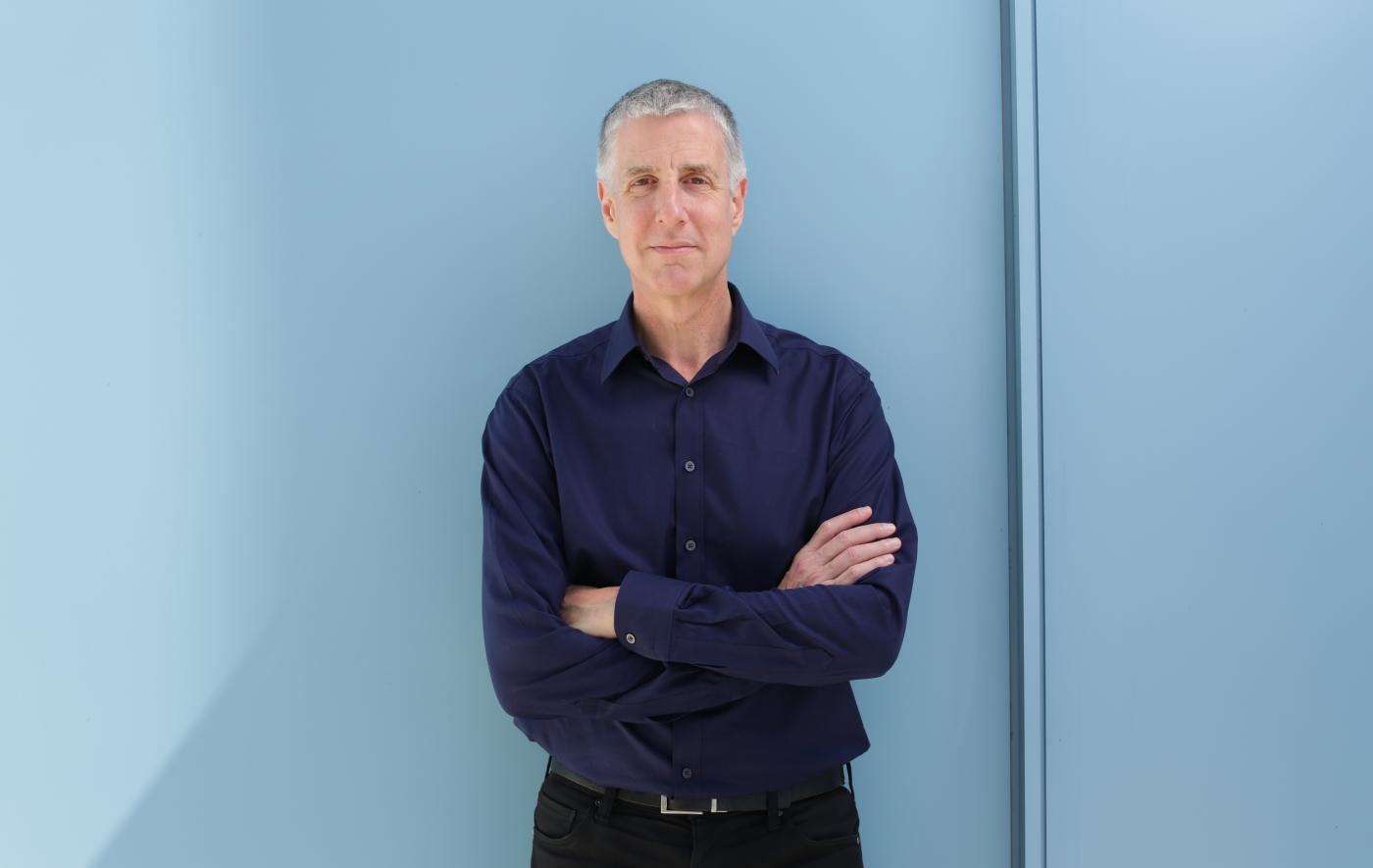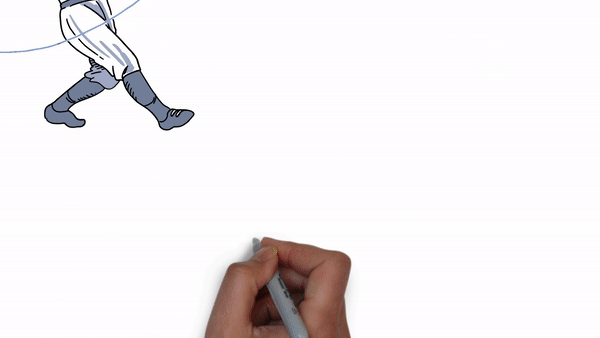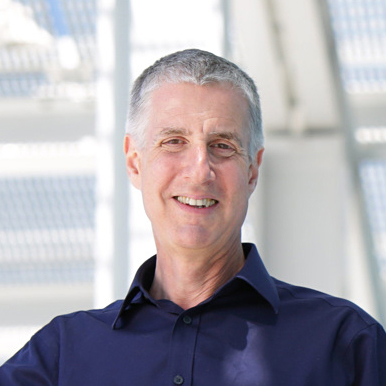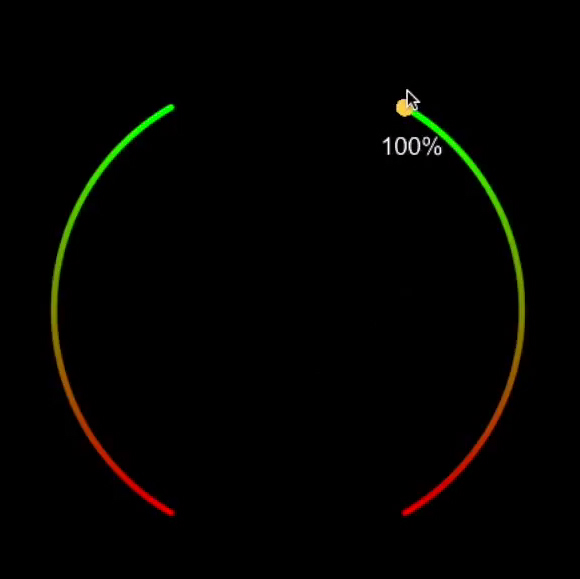Human beings can build computers that beat chess grandmasters. But we can’t make a robot that moves a chess piece with the dexterity of a child. Movement is something we often take for granted, but it requires some sophisticated thinking, says Daniel M. Wolpert, PhD, a Professor of Neuroscience and Principal Investigator at Columbia’s Mortimer B. Zuckerman Mind Brain Behavior Institute. His work on motor control just won him the Ferrier Medal from The Royal Society, a biannual award given for “the advancement of natural knowledge on the structure and function of the nervous system.”
We spoke with Dr. Wolpert about the purpose of thinking, why you can’t tickle yourself and whether robots are one-trick ponies.
A lot of people would say that brains are for thinking. But you have a different perspective. What are brains for?
I argue that the reason we evolved a brain is that we need it to generate adaptive and complex movement. If you think about it, movement is the only way we have to affect the world around us, whether it be in foraging for food or attracting a waiter’s attention. Indeed communication, be it speech, gestures, writing, or sign language, are all mediated through the contractions of muscles. While sensory, memory and cognitive processes are all important, from an evolutionary point of view they can only be useful if they drive or suppress future movements.
What kinds of decision making happen when we execute a movement?
Let’s say you want to reach out and pick up your coffee mug. There are infinitely many different ways you can move your hand and arm to do that. So how does the brain choose one? One of the insights we had a number of years ago was that what makes that movement difficult is what we call noise. There’s variability in the way muscles contract or respond to signals. A theory we have developed is that we move in a way that minimizes the consequences of this variability, so as to avoid big mistakes.
To what degree are we intuitive statisticians?
We have shown that people are very good at picking up the statistics of tasks. There’s a very interesting area of mathematics called Bayesian decision theory, used for making optimal decisions in the face of uncertainty in the world. We have shown that the brain often acts using the same mathematics. For example, if I’m playing tennis, I don’t know where my opponent is going to aim the ball. And there’s variability in my perceptual system which makes it hard to estimate the bounce location. The optimal thing to do is to estimate statistically where I think my opponent is going to hit the ball based on prior experience of tennis and my opponent and combine this with my visual estimate. Critically this relies on my estimating how noisy my own senses are, and how much I should rely on what I can see versus my prior expectation of what my opponent will do. We have shown that people are very good at learning these sorts of properties about the world in a Bayesian way, even though it’s not conscious.
And you have even worked on tickling?
This is part of a more general phenomenon, that the brain tries to make predictions of the sensory consequences of that action. This is useful as any difference between this prediction and the actual sensory consequences suggests that something unexpected has occurred. In fact, the prediction is used to attenuate the sensory consequences we can predict so we are more attuned to external events such as a fly landing on my arm. Tickling is a nice example where the tickle sensation is attenuated when generated by your own actions but not by the actions of others. We used a robotic device that allowed people to tickle themselves. The key was to use the robot to introduce a delay between the action they performed and the sensation they received. With a fifth of a second delay, you can tickle yourself, because the sensations by the robot are now not matched to your precise predictions. Tickling is not really the focus of our research but studying tickling was a nice way to show that the brain is making predictions based on its actions.
How could your work help people with movement disorders?
Many diseases affect the motor system, such as Parkinson’s disease, stroke and cerebellar disorders. By studying the basic mechanisms involved in normal motor learning we hope to be able to harness our understanding to develop learning paradigms that can ameliorate the deficits caused by these disorders. To give you one example, people who have damage to the cerebellum find it very hard to adapt to novel situations that require them to correct their movements by watching their hand. But there’s another form of learning called reinforcement learning, where rather than them seeing an error you just tell them whether they’re doing well or not. We recently did an experiment in cerebellar patients and found if we told them when they were doing well, they could learn to do a task they couldn’t learn to do if they actually saw what they were doing.
What will it take to make robots more dexterous?
One problem with robots is every robot is effectively hand-tuned for a single task. You might spend three years programming it to empty a dishwasher, but then if you want it to iron a shirt you have to start from square one. What we try to understand is how humans can do multiple tasks. We’re some way off, but we hope that if we can understand how humans learn the multitude of motor tasks they face in everyday life, it may illuminate what is missing from the robotics field.
What has it been like working at the Zuckerman Institute?
It’s been fantastic. I work at the behavioral and computational levels, but here, most people work at the neural level. Part of my reason to move here was to test our ideas at the neural level. And that’s something I’m still excited about.
What does this award mean to you?
The Royal Society is a great organization. When I was in England, they funded me on a fellowship for five years. I feel very appreciative. Last year, my father, Lewis Wolpert, a biologist, won the Royal Medal from the Royal Society, which is a much grander medal, so I’m still not doing quite as well as him!



